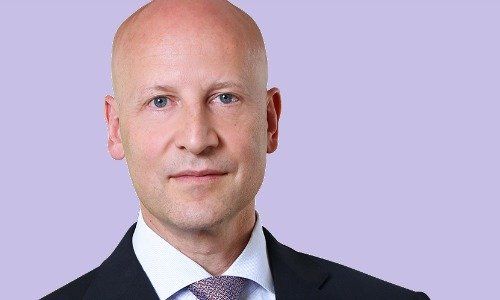Daniel Levin: «Swiss Banks Missed the Boat»
Daniel Levin has worked up close with banks for years. His lessons from Switzerland's tax wars read as a cautionary tale for Singapore, which is widely expected to come into the crosshairs of U.S. investigators.
Daniel Levin, as a lawyer you advise politicians and business leaders, and have recently written a book on charlatans and tricksters. What inspired you to write about such people?
I’m surprised it surprises you. After all we live in our world where people aren’t what they seem. Crisis situations offer far more opportunities for charlatans, since they allow them to offer people hope in order to exploit them.
Have you become wiser with time?
I hope so because I take more notice of criticism, be it from my wife or business partners, and because I have become more efficient at breaking off things which I’m not good at. One learns to sense what people want from one.
«The more money and power involved, the more often such people are involved.»
One needs the courage to acknowledge mistakes, and take the blame. It is not the end of the world. If I had done things better, I would have been much wiser now. But it is laughable to assume such things.
Are we seeing more and more tricksters?
The more money and power involved, the more such people are involved – this is the case in politics and business. Take the case of [convicted Ponzi fraudster] Bernie Madoff. There are loads of false friendships, which are broken off when there is nothing more to gain.
What experiences have you made in the financial sector?
As a lawyer I have tackled capital market issues, share listings and internal company probes – firstly for the renowned practice Shearman & Sterling, and then later independently. After the turn of the century I worked for the large Swiss banks. I was astounded how poorly these institutions were prepared for a paradigm change.
- Page 1 of 3
- Next >>
























